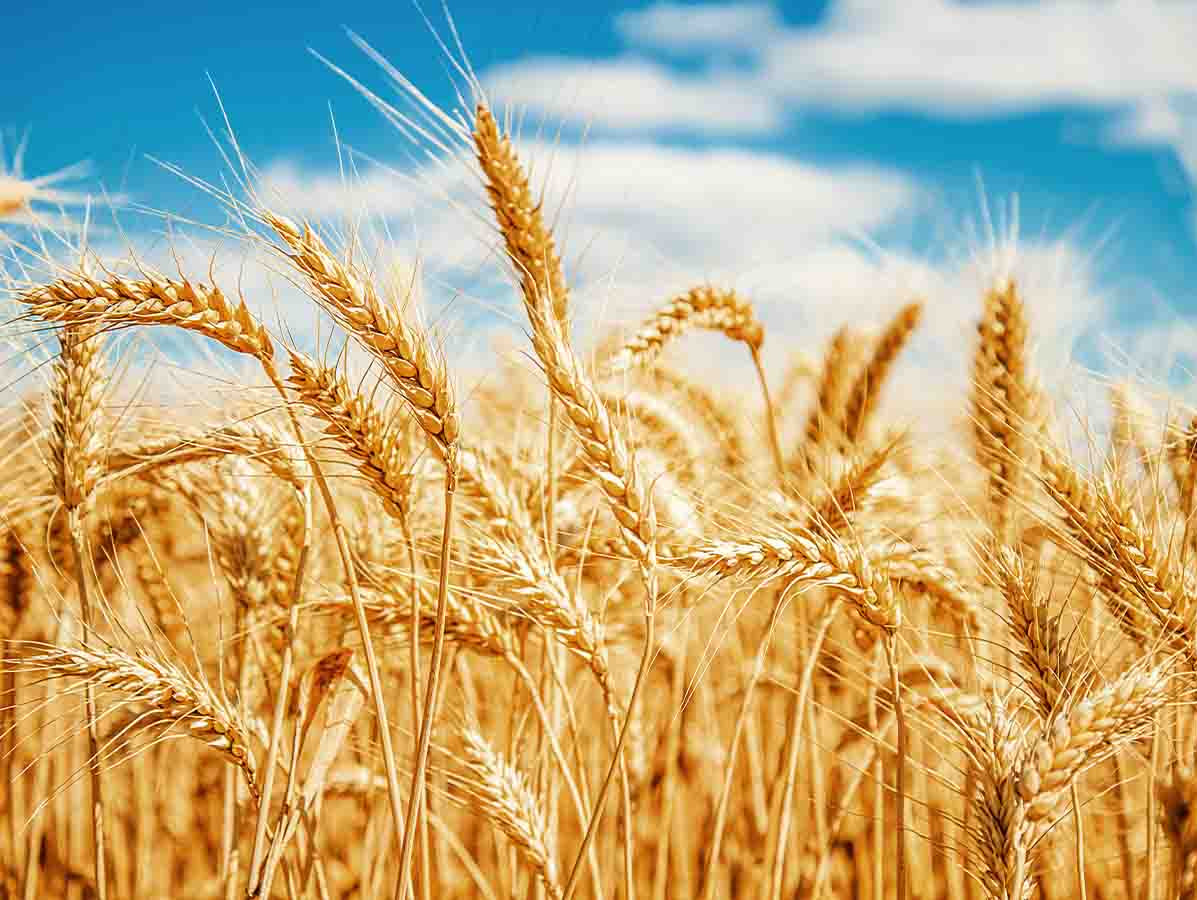
The Technical University of Munich (TUM) announced the development of an innovative new technology that combines biosensor test strips and satellite-based remote sensing data to revolutionize fertilization practices in agriculture. This cutting-edge method promises to deliver accurate, time-efficient, and environmentally friendly fertilizing to boost crop yield while reducing wastage.
Drawing inspiration from blood sugar testing mechanisms, the new technology involves the use of biosensor test strips that measure the nitrate content of plant sap. This data is then calibrated with remote sensing satellite data from the EU Copernicus program, enabling the precise calculation of the amount of fertilizer required for optimal plant growth. This innovative approach aims to save up to 20% of the fertilizer required for cereal cultivation.
"This technology marks a significant step forward in precision agriculture," said Dr. Tobias Vöpel, Project Leader at the TUM Straubing campus. "We're essentially making fertilizing smarter, simpler, and more sustainable, providing farmers with a tool that will allow them to reduce overfertilization and its subsequent environmental impact."
Currently, the technology focuses on the supply of nitrogen for cereals, with future research planned to expand the system to test for other nutrients such as phosphate and potassium. With the eventual goal of making fertilization completely digital and highly precise, this technology is expected to redefine traditional fertilizing practices.
In recognition of the project's potential, the TUM has been awarded a grant from the European Innovation Council (EIC) Transition program, which supports the development of sustainable and innovative technologies for future-proof agriculture.
Practical field tests are scheduled to commence later this year, with farmers in the region working in collaboration with TUM researchers. These tests will play a crucial role in refining the technology and preparing it for wide-scale adoption.
Source: Technische Universiteit van München